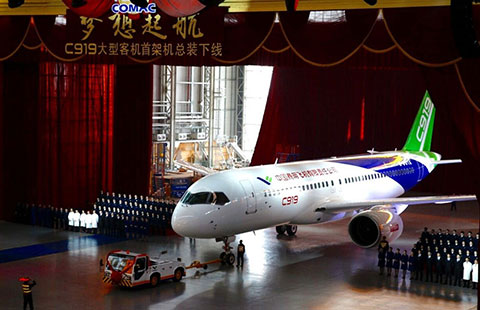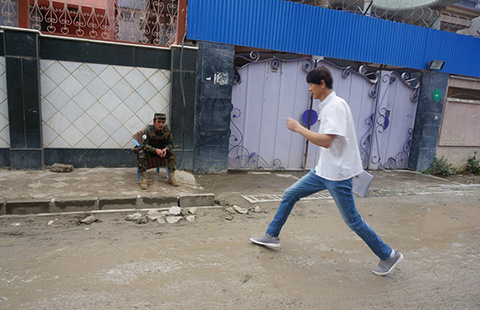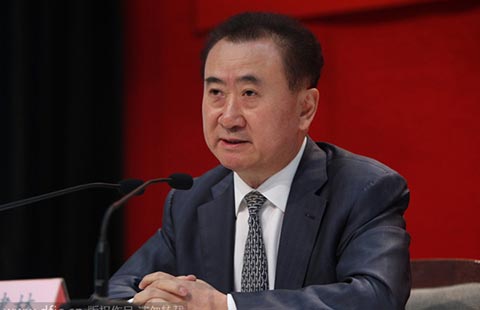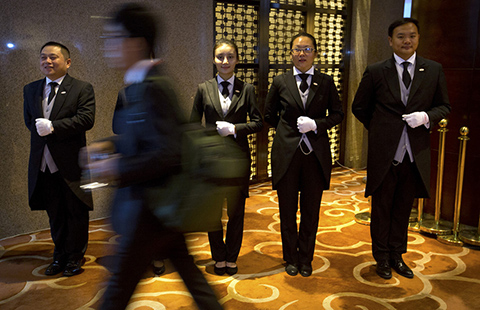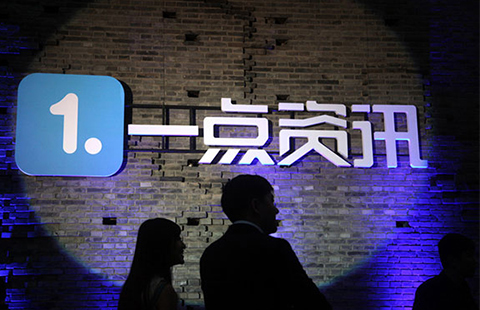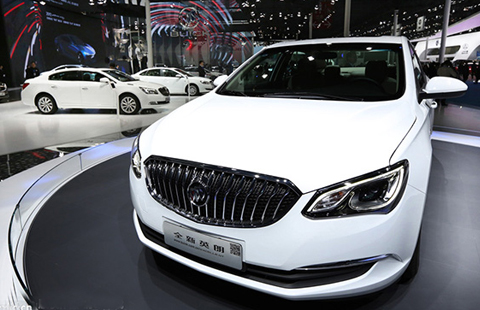Start-up creates learning app for the Asian hospitality industry
By Emma Gonzalez (chinadaily.com.cn) Updated: 2015-11-03 11:19Checking into a hotel and being received with a blank stare caused by lack of communication can be a nightmare for guests, but it can also mean a significant economic loss for hotels.
For the hospitality industry, customer satisfaction and guest loyalty are crucial to keep the business running, with adequate communication becoming a prerequisite to drive up profits.
David Topolewski, the CEO of the Beijing-based language learning solutions provider Qooco, saw in this high-revenue generating industry a lucrative opportunity to expand his interactive English teaching business in Asia beyond children's education into the corporate world.
It's a realization that came unexpectedly during a trip to Indonesia, when the hotel manager opened up to him about the lack of modern tools available to teach skills to staff in the hospitality industry.
The strong economic potential of the industry, together with its high employment levels, encouraged him three years ago to create Qooco Core, an interactive hospitality-tailored language and skills development solution targeted at the Asian market.
"At the time, I had no idea how big this industry was", Topolewski noted. "It was only after doing some research that we realized that there was an incredible opportunity to build a business."
The travel and tourism industry currently accounts to over 9 percent of the global GDP, with the industry being the world's largest employer, responsible for one in 11 jobs, according to accounting firm Ernest & Young.
Qooco now provides English and Mandarin interactive language learning materials for hotels in Asia, such as videos and quizzes, with content accessible on desktops, tablets and mobile phones.
The company also creates interactive vocational training tools to teach hotel employees specific industry skills like housekeeping and waitering.
Last year, the company decided to enter the Chinese market, where they provide English language and vocational training tools to 30 hotel properties across the country.
Although Qooco declined to unveil the exact amount of revenues it is generating from China, the company hinted that these yearly revenues correspond to a seven-digit figure in US dollars.
In the five years through 2015, the hotel industry in China has been growing 8.8 percent on average to an estimated $53.2 billion, according to IBISWorld's Hotel Market Research Report.
Most of Qooco's clients in China are international hotel brands, owned and managed by Chinese investors. Major clients include St. Regis and Marriott International, as well as a partnership with the Guangzhou Hotels Association
"They really want to create world-class hotels and there is an opportunity to greatly improve things here", noted Topolewski.
The company sees further opportunities to expand into China since the country is attracting a large number of foreign tourists and business people in search of a comfortable stay.
"We are currently in talks with big Chinese chains like Wanda Hotels", said Topolewski.
David Hu, director of human resources at the Crowne Plaza Hotel & Suites Landmark in Shenzhen, notes that the hotel decided to use the app because of the crucial need of hotels in China to use English to attract international guests.
"As employees of a business hotel, improving our English levels enables us to serve our guests better, especially since English is the international language of travel", Hu explained.
- Low credit costs boost China business sentiment: report
- Domestic airplane makes its debut
- New plane seen boosting Chinese aviation industry
- HSBC plans JV with Shenzhen Qianhai
- Equities decline on weak factory data
- Over 40% of China's online sales counterfeit, shoddy: Xinhua
- China's CNNC may buy into French nuclear company
- Air China makes maiden flight to Ethiopia's capital
